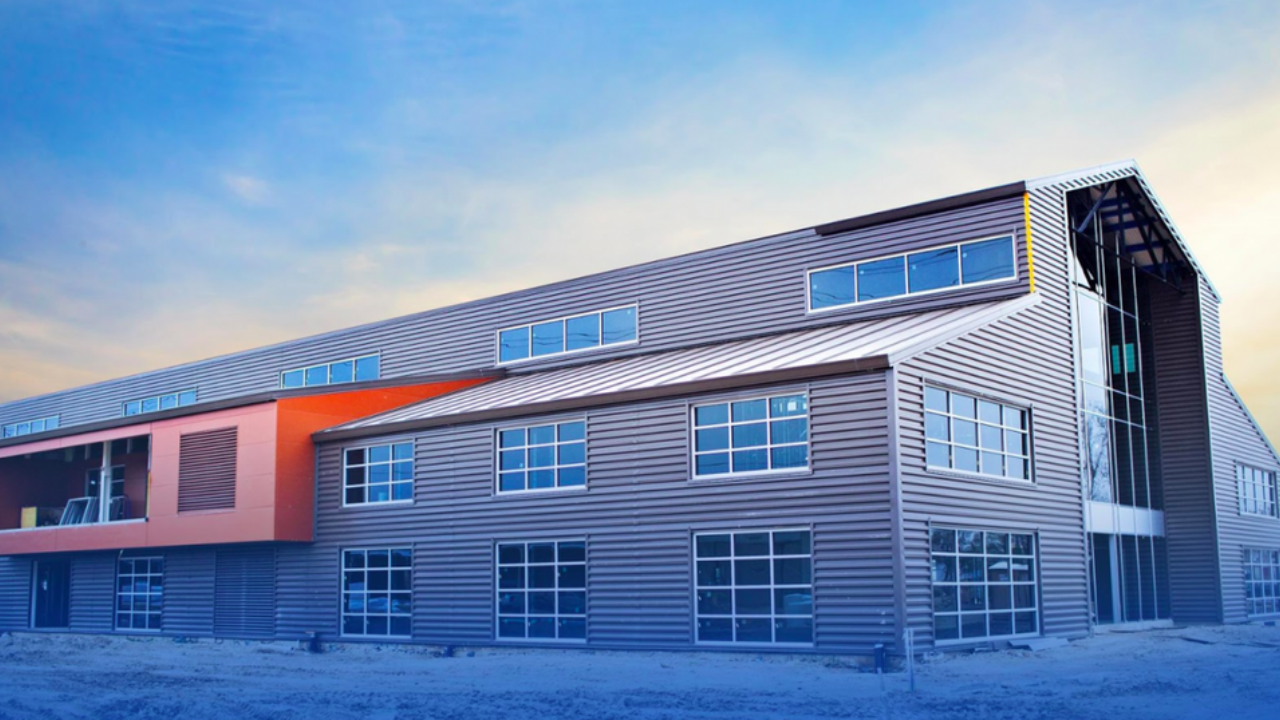Coworking spaces continue to overturn the way work is perceived, which is leaving traditional office spaces with a mild identity crisis. The push for supporting startups, flexible amenities, short-term leases, and lower costs has become more of the norm.
For example, WeWork fills the need of many on-the-go entrepreneurs by providing a place to work, meet, and network all in one space. Despite its worldwide success across numerous major markets, smaller secondary cities do not have a WeWork presence.
This in part could be due to the lack of the physical infrastructure to support it. Now, some platforms are taking the initiative to bring this innovative culture to second cities.
Work America Capital is building a 32-acre campus called The Founders District in Houston that will provide coworking, coliving, traditional commercial space, and entertainment to create a hub for entrepreneurs and startups. It will all be anchored by a collaborative workspace called The Cannon, which will take up 120,000 square feet and feature a library, kitchen, auditorium, health and wellness, event spaces, conference rooms, and more.
“We’re more than just a coworking space,” said Lawson Gow, founder and CEO of The Cannon. “We’re using our physical assets to create a campus feel—a community. Houston has an abundance of land, which can lead to less density. We’re using that abundance of land to create the density our entrepreneurs need.”
The psychological and commercial value of a campus-based approach has on an area is evident and there are plenty of examples that support this, such as Apple Park in Cupertino, CA and Walmart’s recent campus announcement in Bentonville, AR.

 Dr. Gleb Tsipursky – The Office Whisperer
Dr. Gleb Tsipursky – The Office Whisperer Cat Johnson – Coworking Marketing Maven
Cat Johnson – Coworking Marketing Maven Angela Howard – Culture Expert
Angela Howard – Culture Expert Drew Jones – Design & Innovation
Drew Jones – Design & Innovation Andrea Pirrotti-Dranchak – Competitive Advantage
Andrea Pirrotti-Dranchak – Competitive Advantage Jonathan Price – CRE & Flex Expert
Jonathan Price – CRE & Flex Expert Jeremy Fennema – Tech Innovation Alchemist
Jeremy Fennema – Tech Innovation Alchemist







